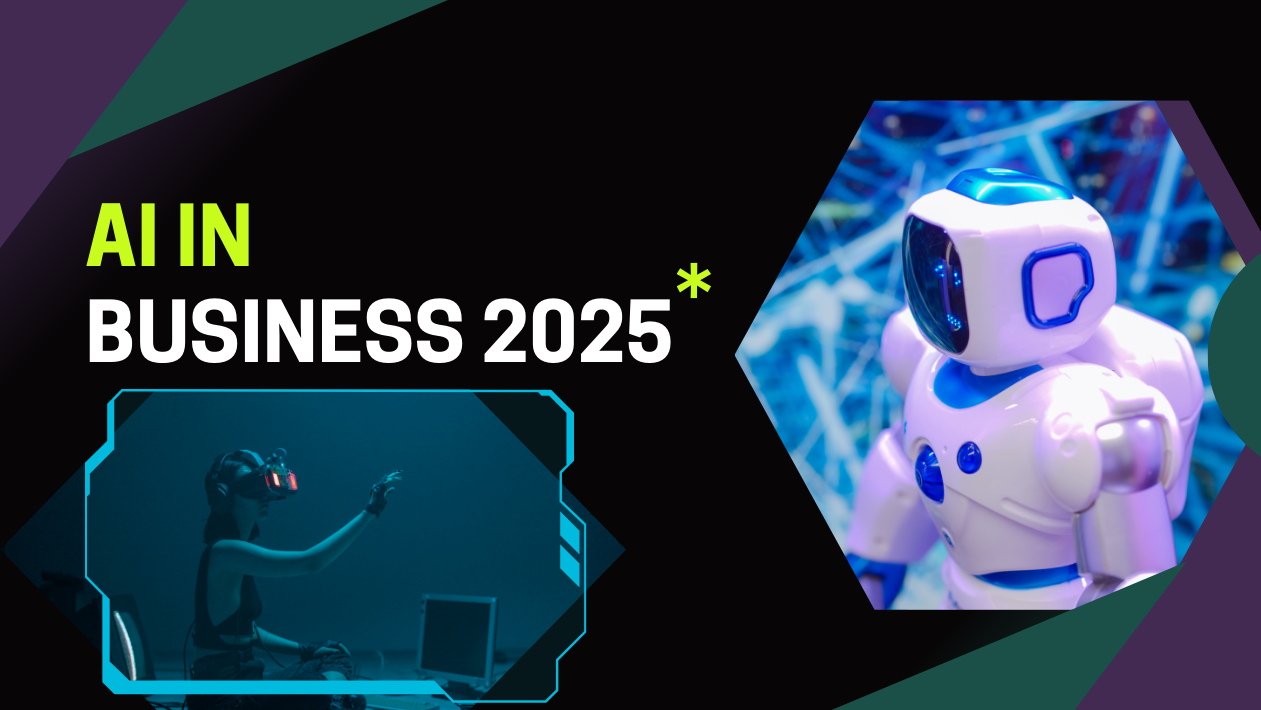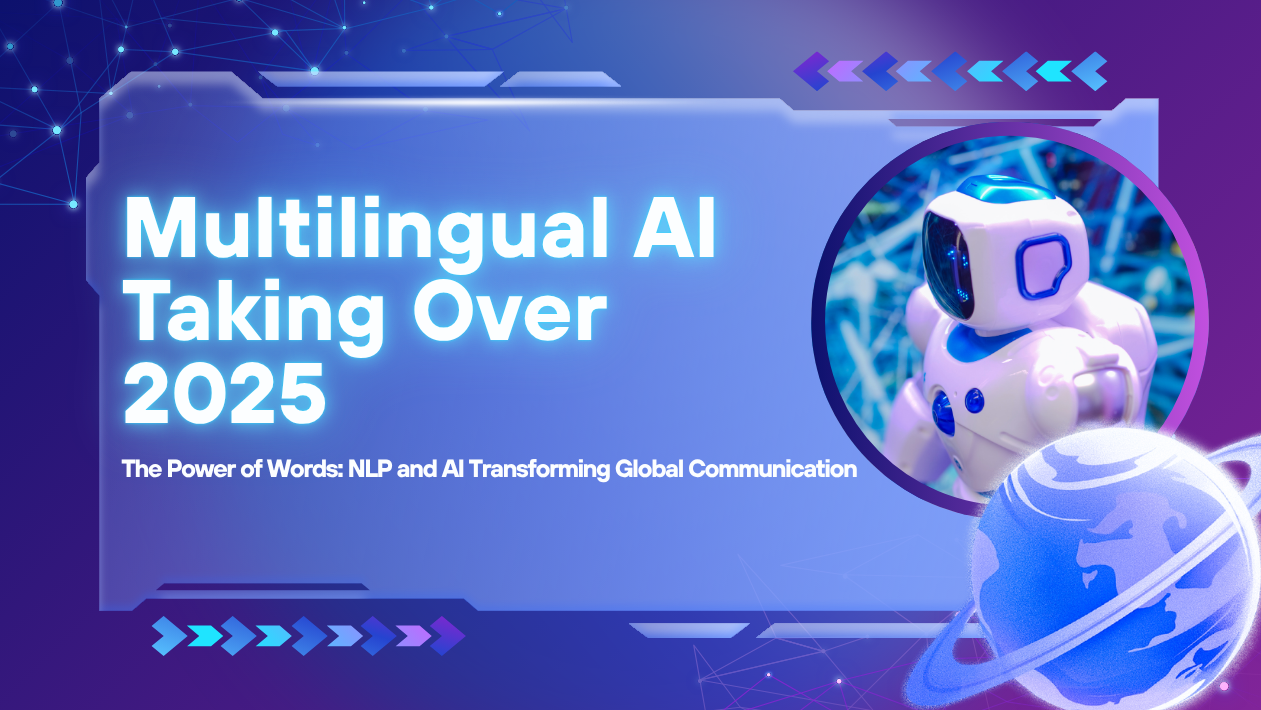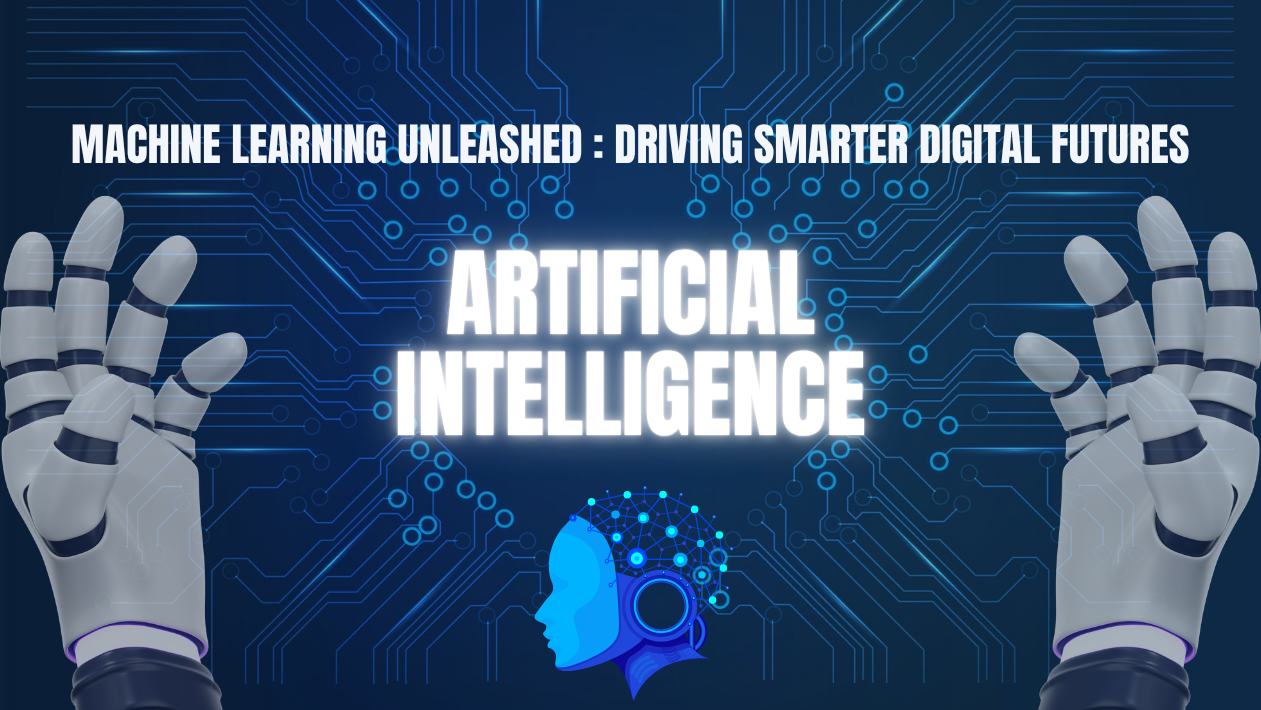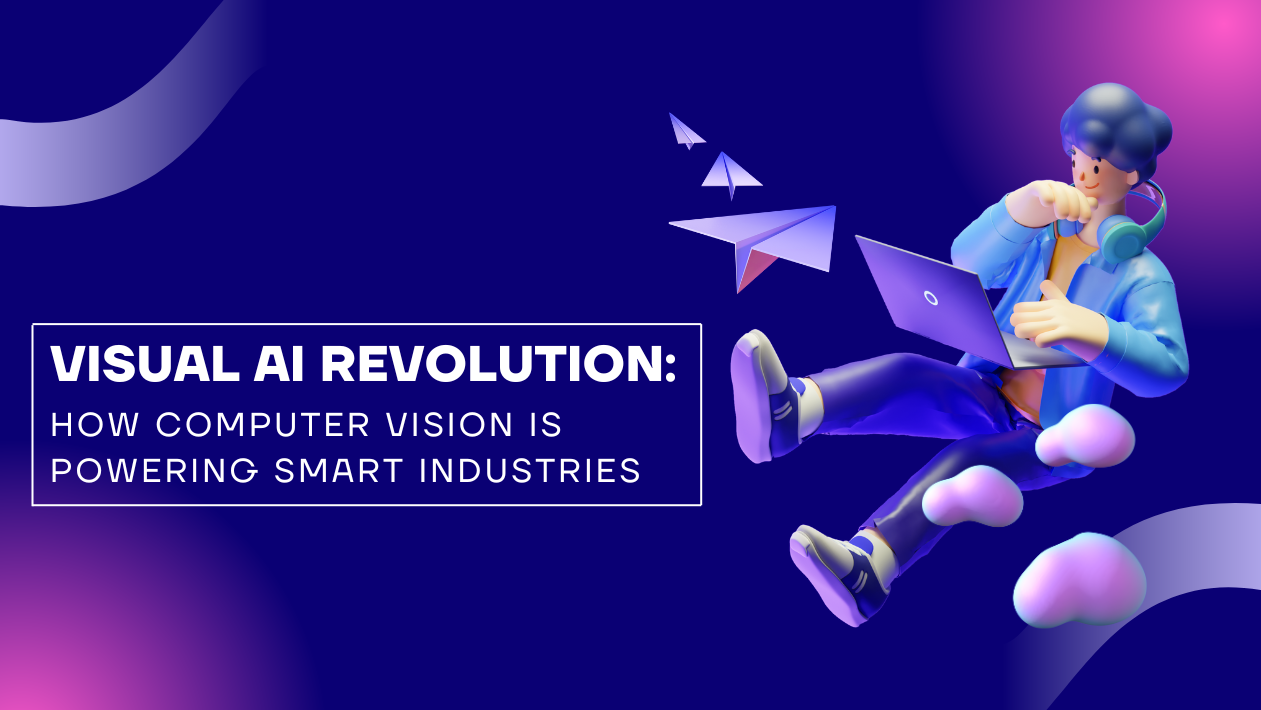Artificial Intelligence has moved from experimental pilot projects to a core business engine in 2025. Across industries—from retail and manufacturing to banking and healthcare—companies are embedding AI into everyday operations to boost efficiency, reduce costs, and uncover new revenue streams.
AI Adoption Now a Boardroom Priority
A recent IDC report shows that 82% of global enterprises have made AI a top strategic investment, with budgets for AI tools rising more than 25% year-over-year. Executives cite process automation, predictive analytics, and personalized customer engagement as the top three drivers of adoption.
Intelligent Automation Reshapes Operations
Businesses are combining machine learning with robotic process automation (RPA) to create “intelligent automation” systems. These systems handle everything from invoice processing to customer onboarding, freeing employees for higher-value tasks and cutting operational costs by up to 40%.
Data-Driven Decision Making Becomes Real-Time
AI-powered analytics platforms now provide real-time forecasts for supply chain disruptions, market shifts, and consumer trends. Manufacturers predict equipment failures before they happen, while retailers optimize pricing dynamically based on demand patterns.
Customer Experience Enters the Hyper-Personalized Era
Companies are using generative AI and natural language models to deliver more human-like interactions. From AI chatbots that resolve complex service requests to recommendation engines that anticipate customer needs, personalization is becoming a key competitive advantage.
Sector Highlights
- Finance: Banks deploy AI for fraud detection and credit risk modeling, significantly reducing false positives.
- Healthcare: AI systems assist clinicians with diagnostics and automate administrative workflows.
- Retail & E-commerce: AI-driven product discovery and demand forecasting sharpen margins and enhance loyalty programs.
Challenges: Talent, Governance, and Trust
Despite rapid progress, businesses face hurdles: a shortage of AI-skilled professionals, rising data privacy concerns, and regulatory scrutiny over algorithmic transparency. New global standards, such as the EU’s AI Act, are pushing companies to adopt responsible AI frameworks.
The Road Ahead
As AI technology matures, the most successful organizations will treat AI not just as a tool, but as a strategic partner—integrating it across departments to drive innovation and long-term growth. Analysts predict that by 2030, AI-driven enterprises will outperform their peers in profitability by 35%.





